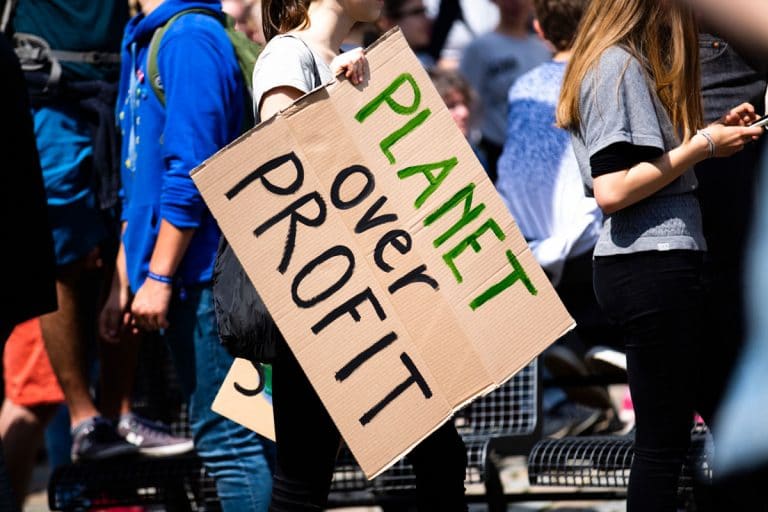Bill Gates lays out what it will really take to stop climate change

Bill Gates, Microsoft’s co-founder, co-chair of the Bill and Melinda Gates Foundation and chair of the investment fund Breakthrough Energy just published his new book titled How to Avoid a Climate Disaster where he lays out what it will really take to stop climate change. The book expands on Gates’ past argument that we’ll need numerous energy breakthroughs in order to have any hope of cleaning up all parts of the economy and the poorest parts of the world.
The majority of his argument surveys the technologies needed to slash emissions in “hard to solve” sectors like steel, cement, and agriculture. Like other influential personalities have stressed before, Gates explains that innovation will make it cheaper and more politically feasible for every nation to cut or prevent emissions. But he also answers some of the criticisms that his climate prescriptions have been overly focused on “energy miracles” at the expense of aggressive government policies.
How? The last chapters of How to Avoid a Climate Disaster lay out long lists of ways that nations could accelerate the shift, including high carbon prices, clean electricity standards, clean fuel standards, and far more funding for research and development. Gates calls for governments to quintuple their annual investments in clean tech, which would add up to $35 billion in the US.
Even Gates, who’s often been described as an optimist, admits that eliminating the greenhouse-gas emissions currently driving climate change won’t be easy. In fact, he dedicated an entire chapter in his book to describing just how hard a problem climate change is to address. According to the MIT Technology Review, “While he consistently says we can develop the necessary technology and we can avoid a disaster; it’s less clear how hopeful he is that we will.”
In an interview with Gates himself, the publication dug deeper into the limits of his optimism, and how his thinking on climate change has evolved in the last few years. When asked about whether he thinks the world can realistically hold warming to, or below, a 2 °C increase, he answered: “That would require us to get the policy right, to get many, many countries involved, and to be lucky on quite a few of the technological advances. That’s pretty much a best case. Anything better than that is not at all realistic, and there are days when even that doesn’t seem realistic,” adding, “It’s not out of the question, but it requires awfully good progress.”
One of the many topics covered in Gates’ book is one that has been making headlines for a few years now, and one that many believe could help tilt the balance: food, more precisely, meat. As an investor in both Beyond Meat and Impossible Foods, Gates is also a strong believer in the potential of the plant-based and lab-grown meat industries.
“Impossible and Beyond have a road map, a quality road map and a cost road map, that makes them totally competitive. As for scale today, they don’t represent 1 per cent of the meat in the world, but they’re on their way,” he says.
What about poor countries, will they have to switch to synthetic meat too? “I don’t think the poorest 80 countries will be eating synthetic meat. I do think all rich countries should move to 100 per cent synthetic beef. You can get used to the taste difference, and the claim is they’re going to make it taste even better over time. Eventually, that green premium is modest enough that you can sort of change the [behaviour of] people or use regulation to totally shift the demand.”
When it comes to selling the idea of synthetic meat to most people, another problem comes along: many countries have recently introduced new bills that are preventing companies like Impossible Foods and Beyond Meat to label their products as an alternative to beef. Gates told the MIT Technology Review that “There are all these bills that say it’s got to be called, basically, lab garbage to be sold. They don’t want us to use the beef label.”
Effectively, these bills are nothing other than bald-faced attempts to persuade governments into policing food labels that will only benefit the conventional meat industry instead of consumers. Rather than let consumers decide the winners and losers in a free marketplace, laws are already attempting to stigmatise plant-based and lab-grown foods. Looking at the bigger picture, it’s easy to understand why Gates might become more and more sceptical as the years pass. It seems that we’re only good at shooting ourselves in the foot.





